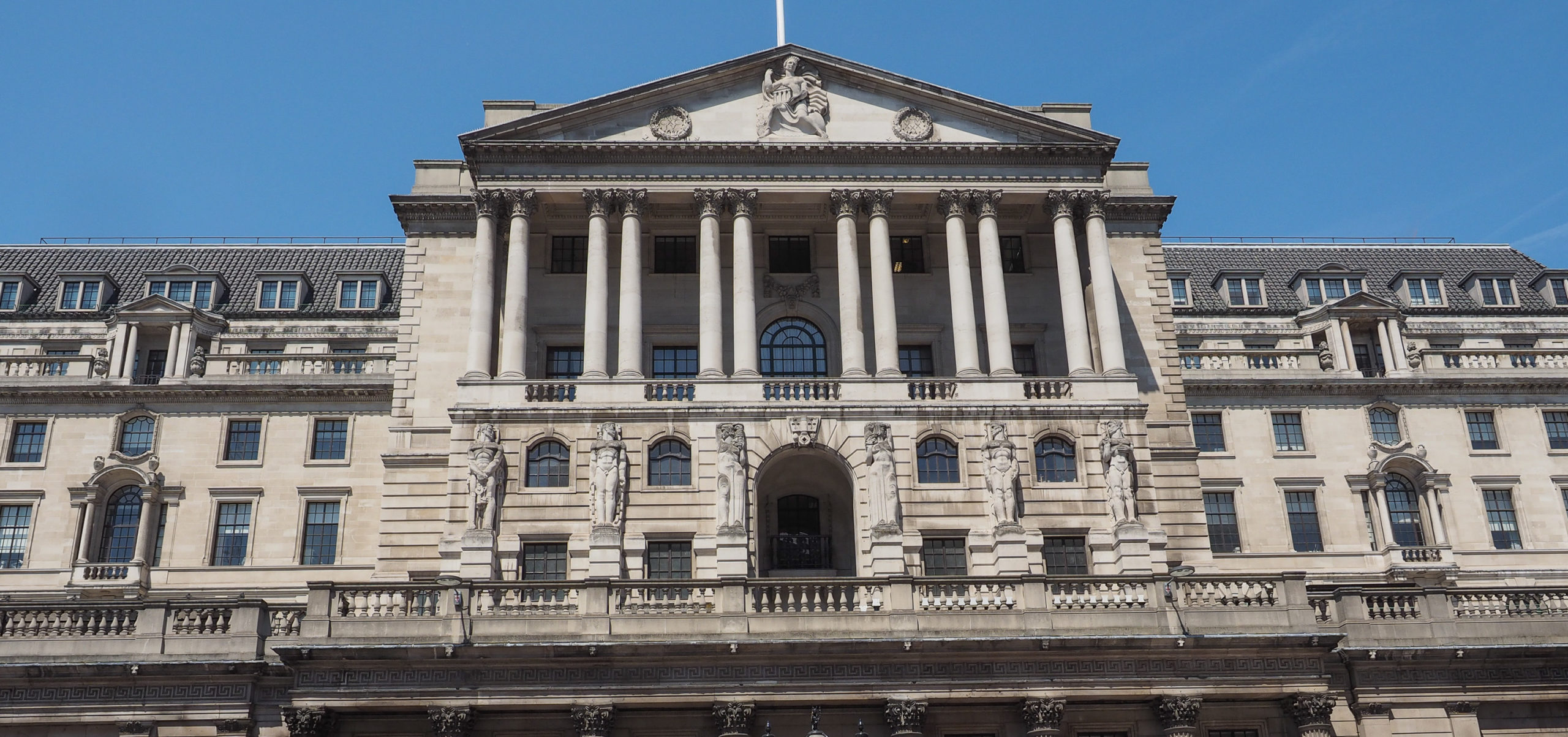A house price crash can be averted if the Bank of England resists further interest rate hikes, according to Jonathan Rolande of the National Association of Property Buyers (NAPB).
It has been predicted that house prices could fall by as much as 30% this year if mortgage rates fail to drop. However, Rolande believes that what happens next will depend largely on the Bank of England. He said, “we really are at a pivotal moment. For those with any kind of debt the rise and rise of rates, courtesy of the Bank of England, has chipped away at disposable income. We have all seen the shocking effect of inflation for ourselves whenever we go to the shops or switch on the heating, and these rate rises, combined with higher prices, are now really taking effect. House prices have begun to slip away from their eye watering peak, and there is a sense that the worst of inflation is now behind us. We can only hope those at The Bank of England feel the same way and spare homeowners from more rate rises. If they don’t we risk seeing prices fall even more in the future.”
Rolande also believes the market is still suffering the effects of last autumn’s disastrous mini budget. “The housing market is still badly reeling from Liz Truss,” he said.
According to the NAPB, London has suffered the highest increase in mortgage bills across the UK, with average monthly repayments rising by £490 per month. The South East has had the second-biggest increase in mortgage costs. In comparison, Scotland has experienced smaller average monthly mortgage cost rises of £169.
Bank of England is urged to hold its nerve on interest rates
Further interest rate rises risk "deepening the pain" for households and scarring the economy, a Bank of England policy maker has warned. Dr Swati Dhingra claims the full effect of the Bank's 10 consecutive interest hikes to combat inflation has not yet fed through to the economy.
In a speech to the Resolution Foundation think tank, Dr Dhingra called for rates to be held at 4% as there is "little evidence of further cost-push inflation".
She also warned that any more rate rises in future could permanently damage the economy.
Dr Dhingra, a member of the Bank's Monetary Policy Committee (MPC), told the think tank, "overtightening poses a more material risk at this point, through potential negative impacts from increased borrowing costs and reduced supply capacity going forward. It risks unnecessarily denting output at a time when the economy is weak and deepening the pain for households when budgets are already squeezed through energy and housing costs."
Last month, Dr Dhingra was one of two policy makers who opposed raising the Bank's base rate by a half-point to four per cent. However, the MPC voted 7-2 for the rise. The next rates decision will be released on March 23 and markets believe the MPC will vote for a quarter-point rise.
It comes after US Federal Reserve chief Jerome Powell signalled further rate increases could be on the cards and MPC member Catherine Mann said, "another rise was more likely than a hold or cut". But Dr Dhingra said, "in my view, a prudent strategy would hold policy steady amidst growing signs that external price pressures are easing and be prepared to respond to developments in price evolution. This would avoid overtightening and return the economy sustainably to our two per cent inflation target in the medium term."
Ms Mann has previously said, "that keeping interest rates high would cut the likelihood of double-digit inflation becoming the norm."
She told how surging food prices and the tight labour market meant there was a risk inflation could keep rising and pausing rate increases would "send the wrong message".
Last week, Bank of England governor Andrew Bailey said it would look at new data before making any firm decisions.

